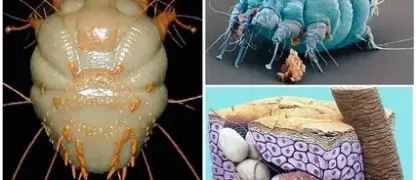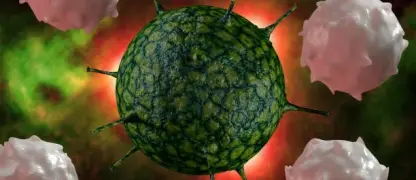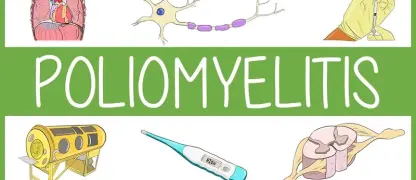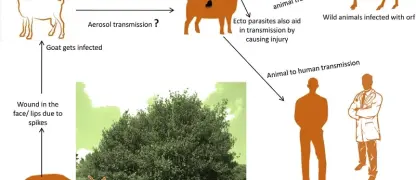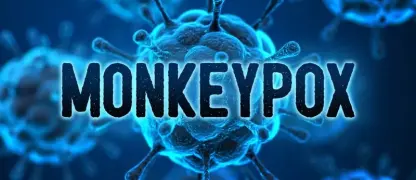Don't let misinformation about herpes simplex control your life. Understanding this common virus is the first step toward managing your health, recognizing symptoms, and living confidently. This guide provides the clear, factual information you need.
What are the main causes of Herpes Simplex?
- The condition is caused by the herpes simplex virus (HSV), which has two main types that cause distinct, though sometimes overlapping, infections.
- Generally, the difference in HSV-1 vs HSV-2 is by location: HSV-1 typically causes oral herpes, while HSV-2 usually causes genital herpes.
- How do you get herpes? The virus is contagious and spreads through direct contact with an infected area, such as during kissing or sex.
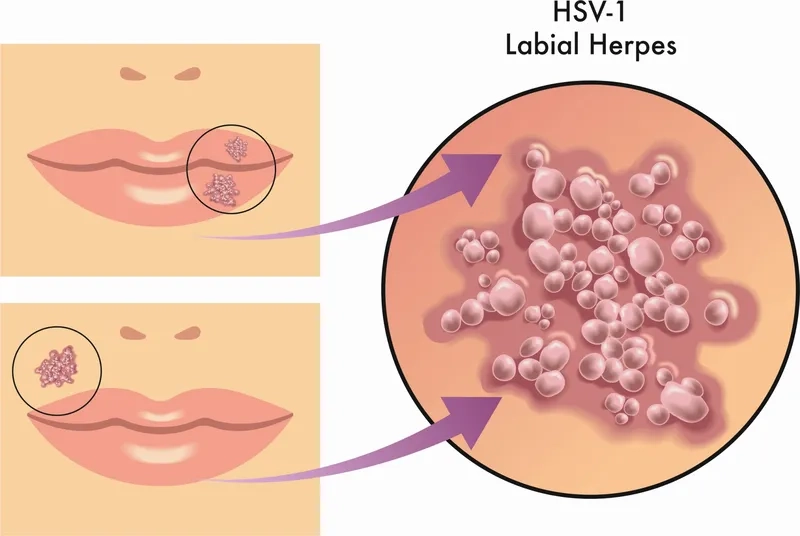
Key symptoms of Herpes Simplex to watch for
- Primary oral herpes symptoms include tingling or burning around the mouth, followed by the appearance of painful blisters known as cold sores.
- Common genital herpes symptoms involve painful sores, blisters, or ulcers in the genital area, often accompanied by flu-like symptoms during an initial outbreak.
- Key signs of a herpes outbreak, including a genital herpes outbreak, can also include tingling or shooting pains before any sores are visible.
How can you prevent Herpes Simplex effectively?
- Can herpes be cured? No, but herpes treatment with antiviral medication for herpes (acyclovir) can manage outbreaks and reduce transmission risk.
- Effective herpes prevention includes avoiding direct contact with sores and using condoms, although transmission can still occur when no symptoms are present.
- Living with herpes involves managing triggers and seeking a herpes diagnosis from a doctor to create an effective, long-term care plan.
>>> Don't miss: Granuloma inguinale - A rare STI often called donovanosis
Image of the disease Herpes Simplex
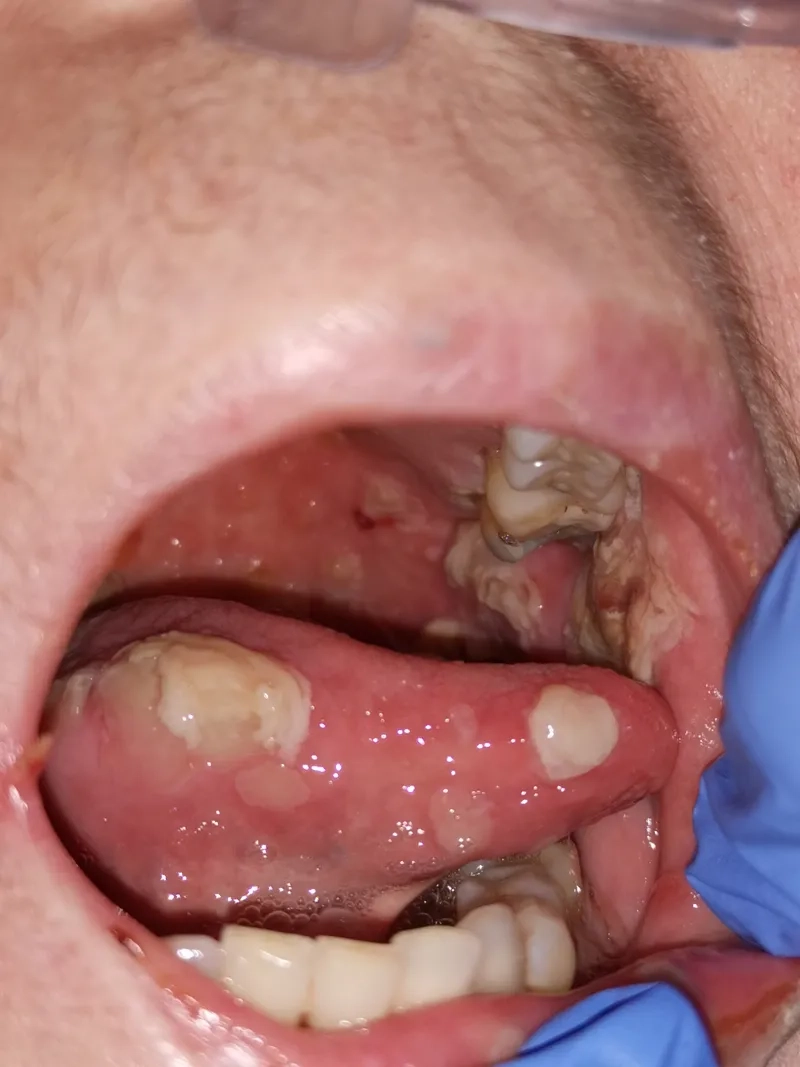
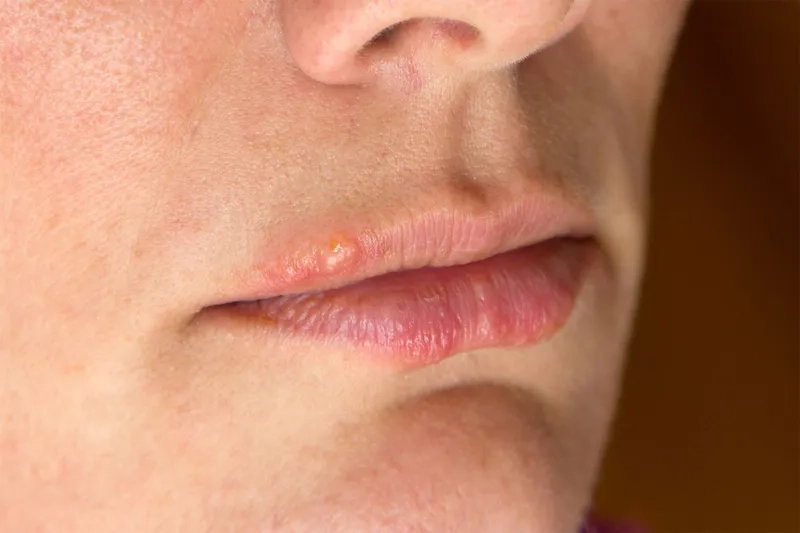
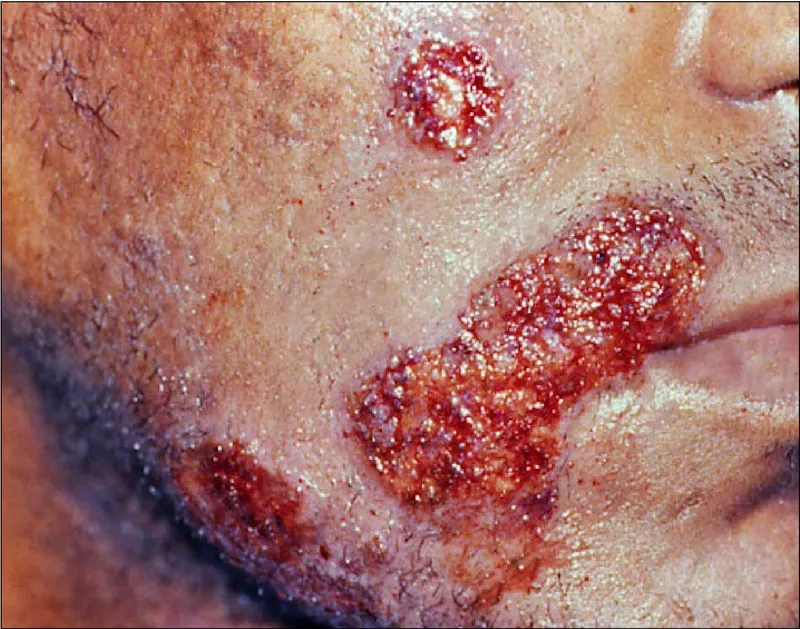
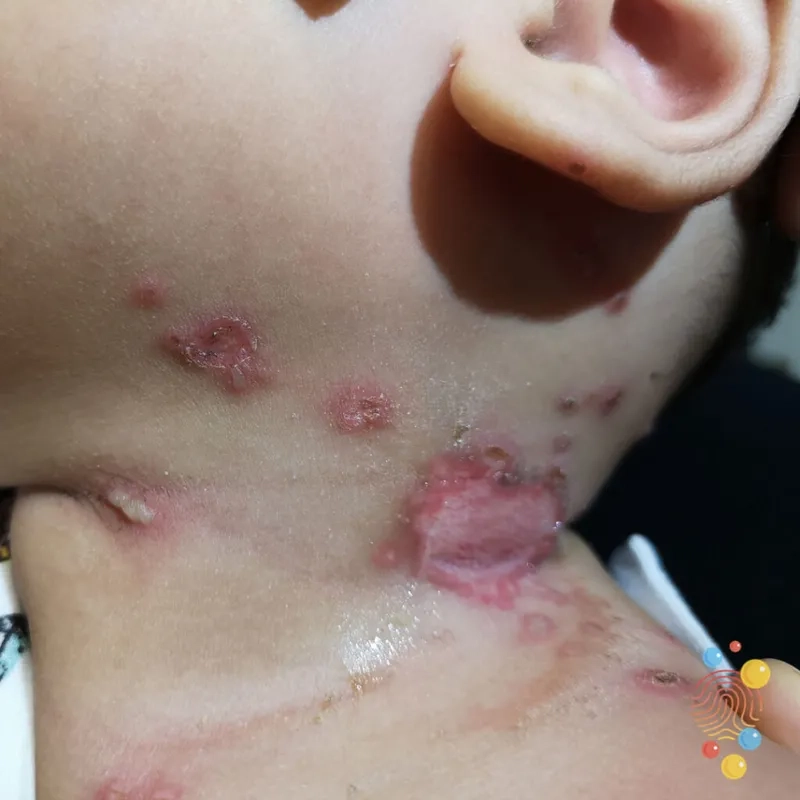
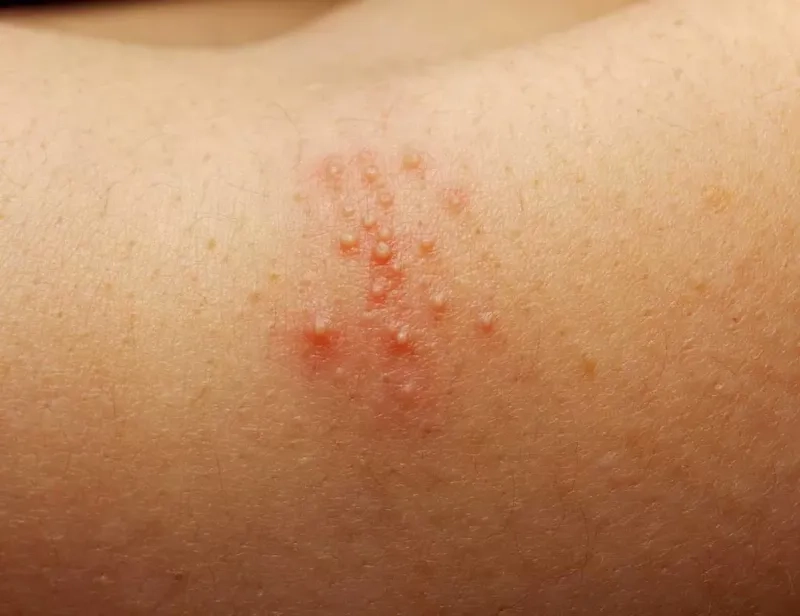
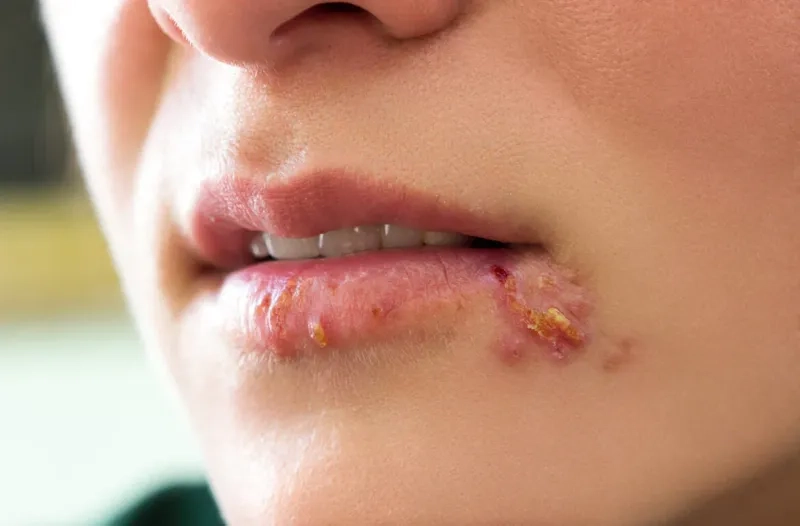
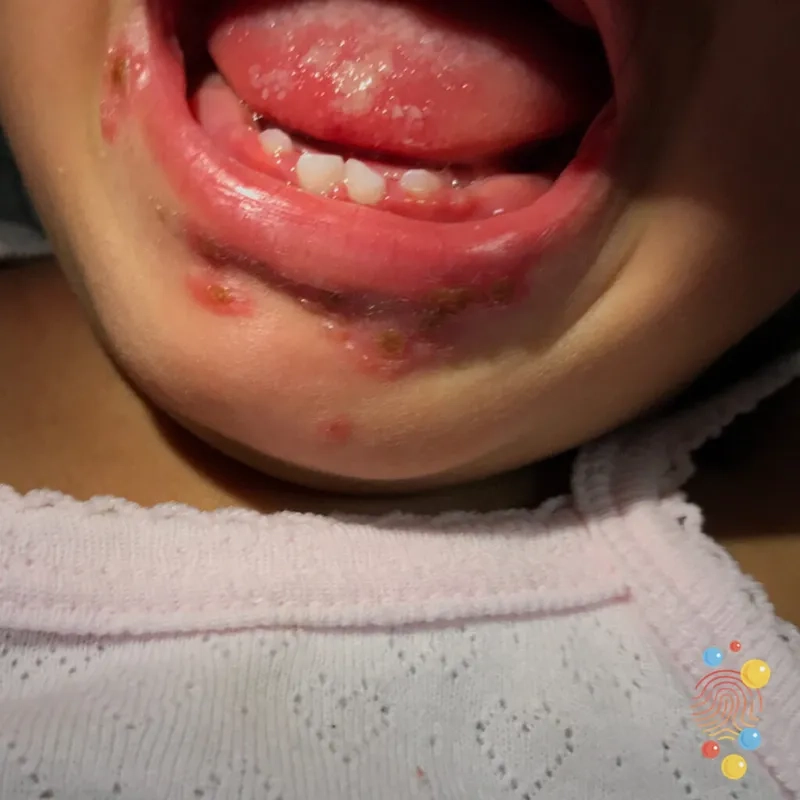
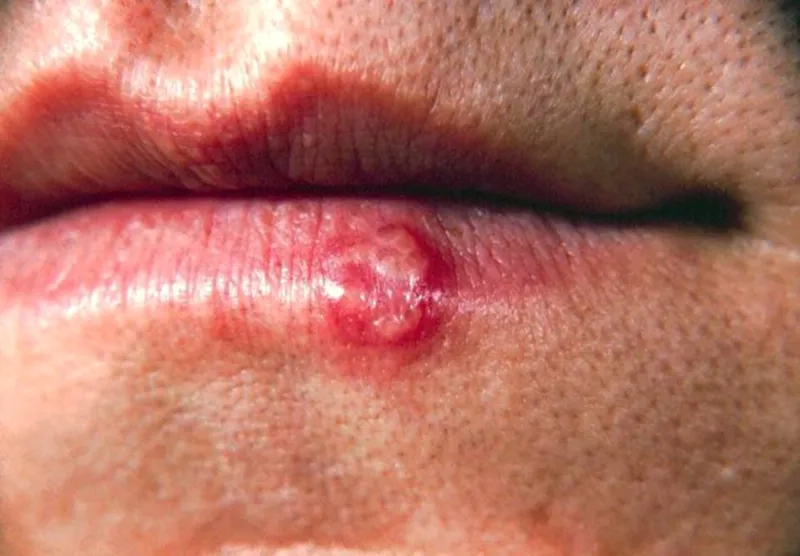
>>> See more: Haemophilus influenzae (Hib) - Vaccine and disease info
A herpes diagnosis is manageable with the right knowledge and medical care. If you suspect you have symptoms, talk to a healthcare provider about diagnosis and treatment options to live a healthy, full life.
>>> Details at: Helminthiasis - A guide to parasitic worm infections


